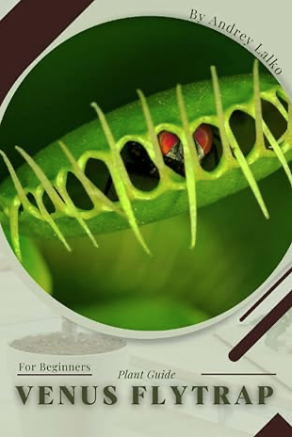Pinguicula esseriana Giant is a distinct larger form of the original species of butterwort native to San Luis Potosi, Mexico.
Produces various light pink flowers from its winter rosette phase.
Sold as a single plant approximately US dime coin in diameter or larger.
- Fertilizer: NO FERTILIZERS. Bugs are the fertilizer.
- Soil: 100% mineral media.
- Light: Shaded to full sun. Bright white LED grow light 4000K or full sunlight for carnivorous plants.
- Temperature: 55-90F
- Water:
- NO TAP WATER - Filtered Water Under 60 TDS Only
- Always water according to the leaf form; not the season.
- Summer - Soil kept moist with high humidity 80%. Allow watering tray to dry between waterings.
- Winter - keep in high humidity 80% and stop watering when plant displays succulent phase. Light watering every two weeks. Best to group dormant plants to avoid overwatering.
- Dormancy: Dry Winter succulent phase. October thru April.
These are not beginner plants. Please research and ask questions prior to buying. We are always here for support; even after the sale.
We have Carnivorous, Cactus, Succulent soil mixes in our Store, for your convenience.
Butterworts have sticky, glandular leaves to lure, trap, and digest insects in order to supplement the poor mineral nutrition they obtain from the environment. With their delicate colors, fragile rosettes, and bristle leaves Pinguicula species are not your classic image of carnivorous plants. Capable of killing insects with vividly colored leaves, differentiated into unique and sophisticated traps. A closer look, reveals that Pinguicula leaves are among the most efficient insect traps and that they exhibit movements, a rare trait, even among carnivorous plants. The amount of digestive fluids secreted is adjusted according to the size and struggles of the bug.
Dormancy: Mexican Pinguicula have a dry winter succulent phase with shorter compact leaves and a hot moist Summer phase with larger impressive leaves. Pinguicula have rather short roots. Be careful when removing old leaves. Browning of leaves is a natural progression and the plant may recover with new leaves; when conditions are favorable.





